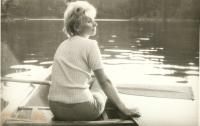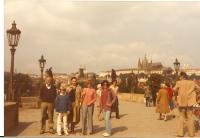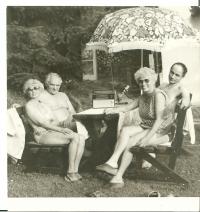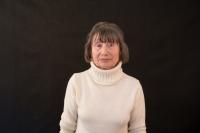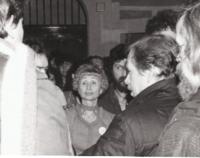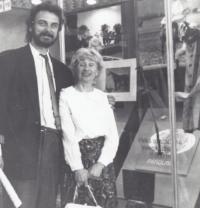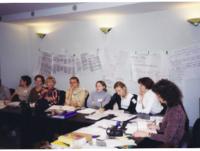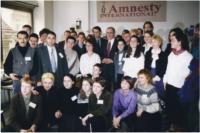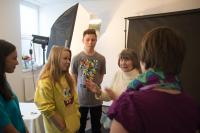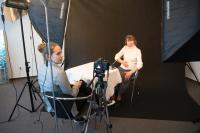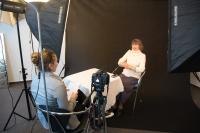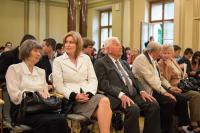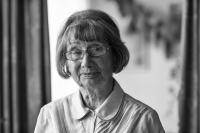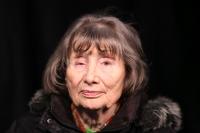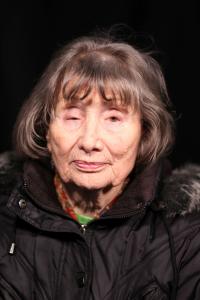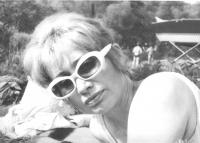When you left the house, you never knew whether you’d come back again.

Download image
Jarmila Stibicová was born on the 14th of August 1933 in Turkovice, near Pardubice. She studied Czech, Russian and English at the Faculty of Arts of Charles University in Prague. She taught at a secondary school in Pardubice until January 1970. Earlier, in 1969, she had been convicted for distributing pamphlets on the anniversary of the 21st of August 1968 (night of the invasion of Warsaw Pact intervention forces - transl.). She received a deferred sentence of six months of jail with a two year probation period. After losing her job at the school she worked part-time as a cleaning lady, and gave private English lessons. In 1977 she signed Charter 77, after which she was not allowed to teach at all, and her attempts to find work elsewhere were unsuccessful. She remained a cleaning lady until November 1989, under persecution the whole of that time. She and her husband Jaromír were foremost among the Chartists in East Bohemia, she was also active in other efforts, for instance in the Democratic Initiative and the Initiative of Social Defence. In February 1990 she returned to teaching at a grammar school and conservatory in Pardubice. She became involved in the Civic Forum, and later in the Civic Movement, in civic committees; she was a member of the first city council of Pardubice. She headed the personnel changes at the Pardubice jail, she was instrumental in founding the municipal police. She has been cooperating with Amnesty International since 1990.


